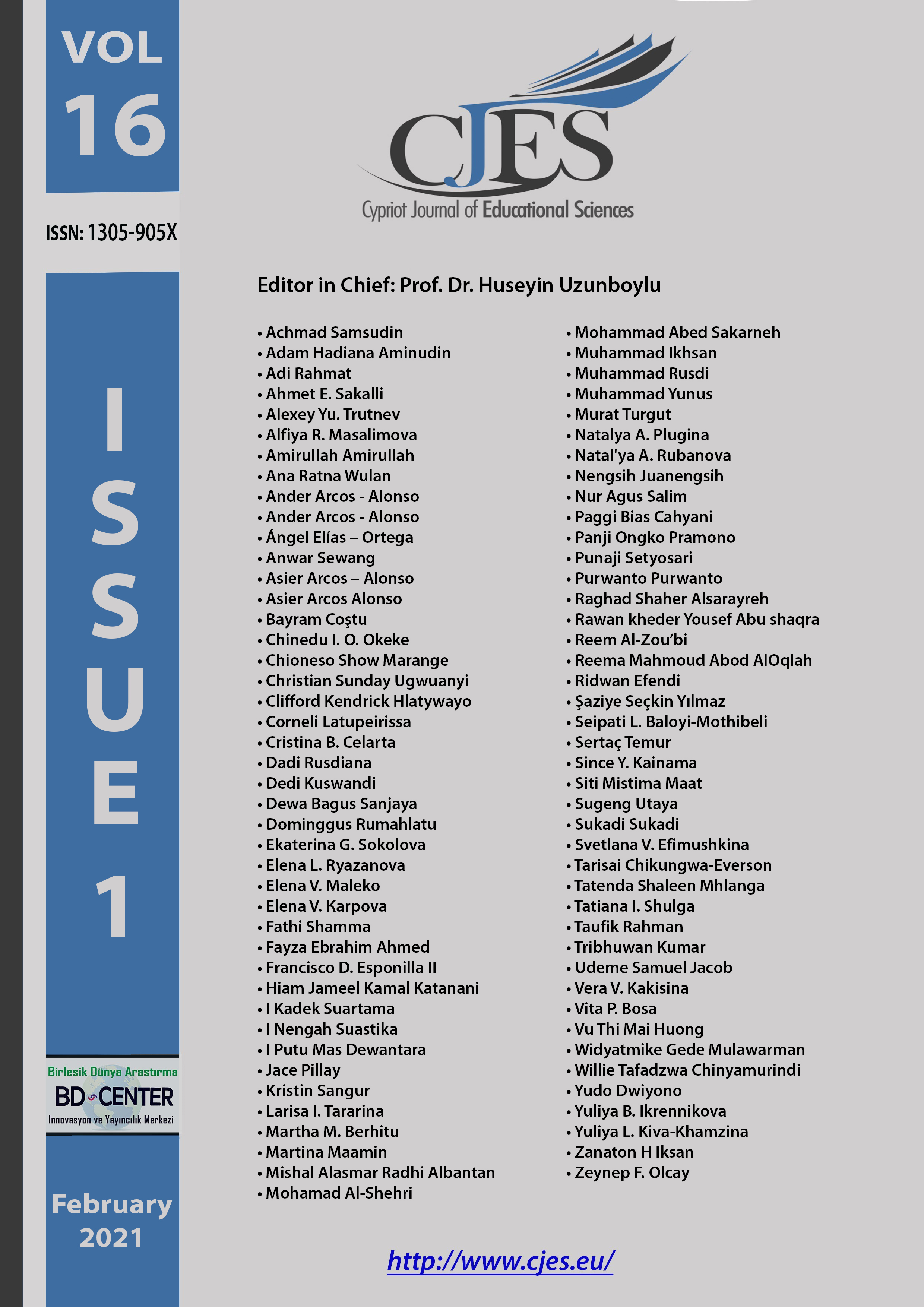Resource based learning design thinking (RBLDT): A model to improve students’ creative thinking skills, concept gaining, and digital literacy
Main Article Content
Abstract
This study aims to investigate the effect of Resource Based Learning Design Thinking (RBLDT) model to improve student's creative thinking skills, concept gaining, and digital literacy. It is a quasi-experimental study using pre-test and post-test nonequivalent control group design. Furthermore, it was conducted at several senior high schools in Ambon, such as Senior High School 1, 2, 12, and Senior High School Siwalima Ambon in the odd semester of the 2019/2020 academic year. From each school, three classes were selected, and 36 students were used as the study samples to obtain a total of 432 students. The data were analyzed using ANCOVA, and post hoc LSD test was performed for every significant result obtained. The results showed that the RBLDT learning model has an effect on creative thinking skills, concept gaining, and digital literacy of students in the class XI senior high school on the subject matter of animal tissue (p<0.05). The combination of the RBLDT learning model syntax can improve students' creative thinking skills, concept gaining, and digital literacy better than RBL or DT when implemented separately.
Keywords: Resource-based learning (RBL), design thinking (DT), RBLDT learning model, creative thinking, concept gaining, digital literacy
Downloads
Article Details

This work is licensed under a Creative Commons Attribution 4.0 International License.
Cypriot Journal of Educational Sciences is an Open Access Journal. The copyright holder is the author/s. Licensee Birlesik Dunya Yenilik Arastirma ve Yayincilik Merkezi, North Nicosia, Cyprus. All articles can be downloaded free of charge. Articles published in the Journal are Open-Access articles distributed under a CC-BY license [Attribution 4.0 International (CC BY 4.0)].
Birlesik Dunya Yenilik Arastirma ve Yayincilik Merkezi (BD-Center)is a gold open-access publisher. At the point of publication, all articles from our portfolio of journals are immediately and permanently accessible online free of charge. BD-Center articles are published under the CC-BY license [Attribution 4.0 International (CC BY 4.0)], which permits unrestricted use, distribution, and reproduction in any medium, provided the original authors and the source are credited.

